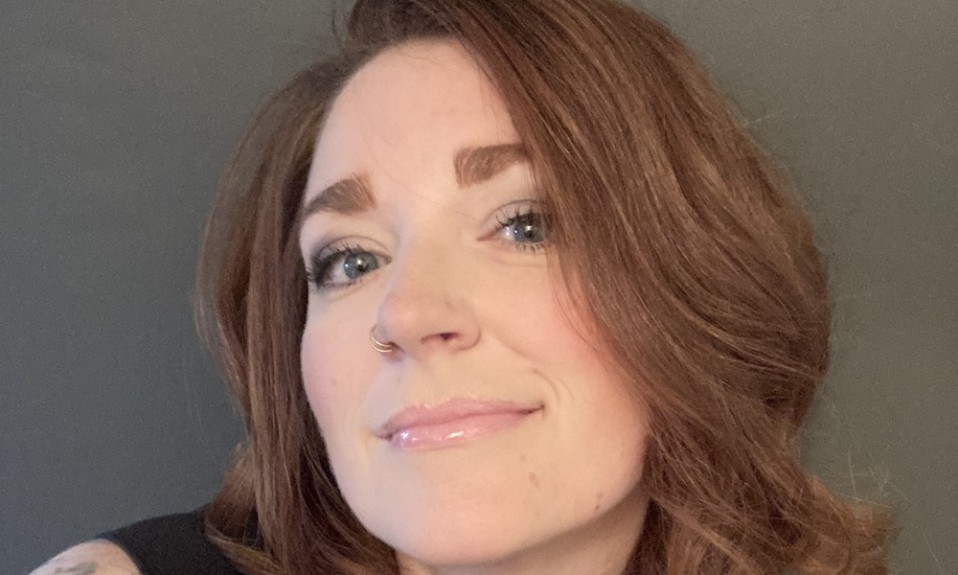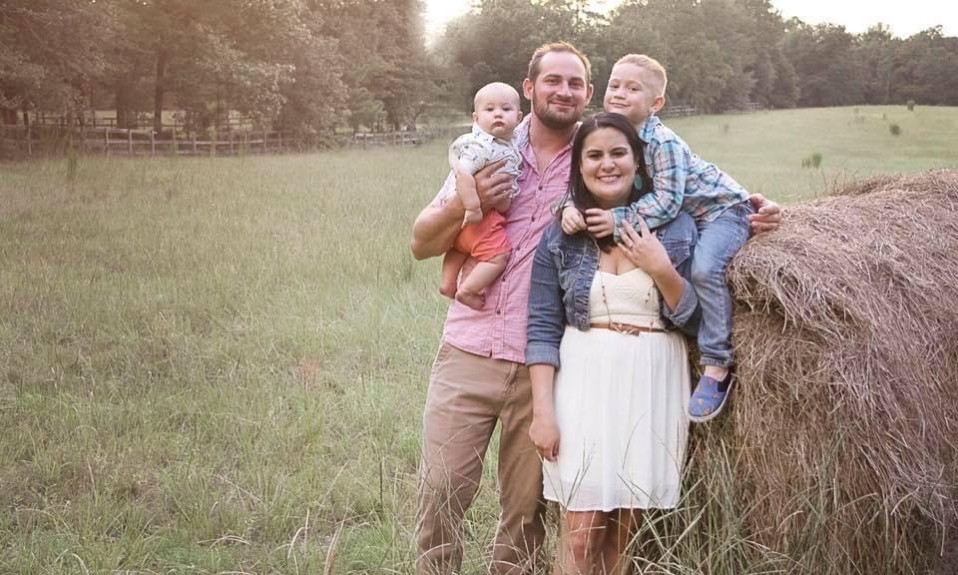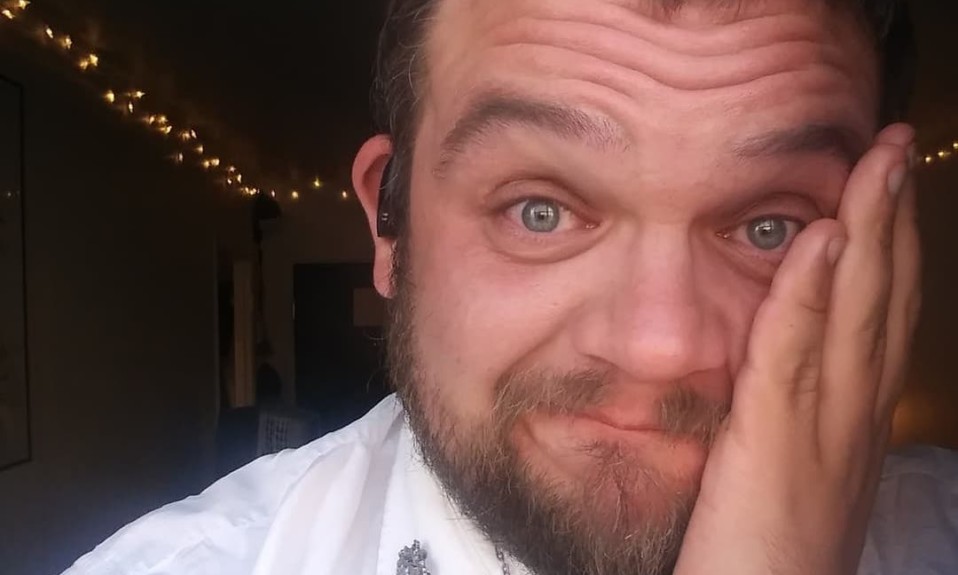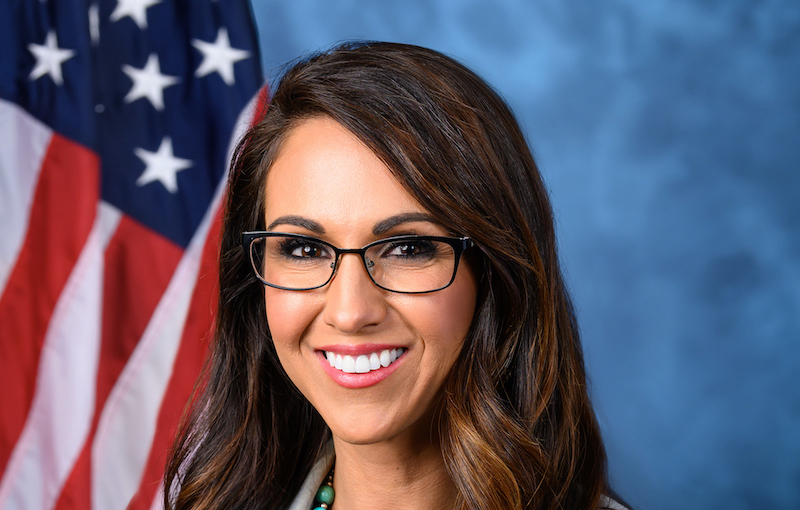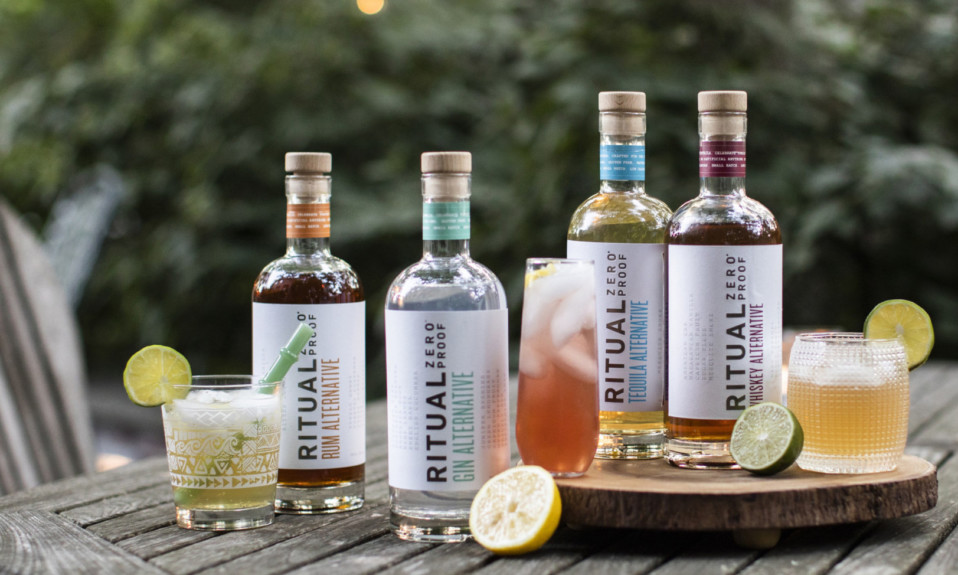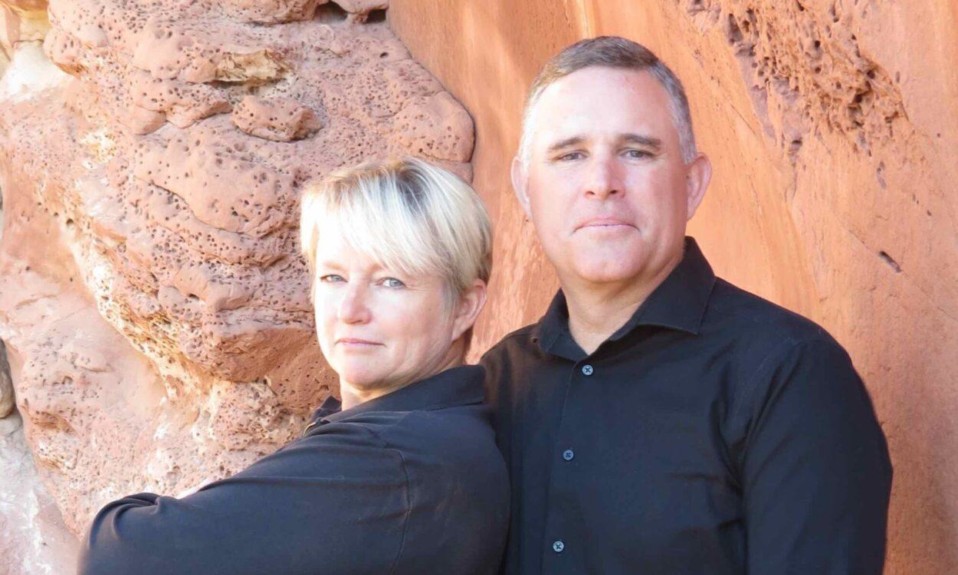Our reporter, speaking from personal experience, says the system isn’t fully geared to address the unique recovery needs of the LGBTQ community
By Veronica L. Holyfield
The day I decided to check myself into an inpatient treatment center for my addiction to alcohol, I knew I was going to prioritize two things above all else. First, I would find a place that could admit me as soon as possible. Second, I would only go somewhere that was LGBTQ-affirming. The rest I would leave up to fate.
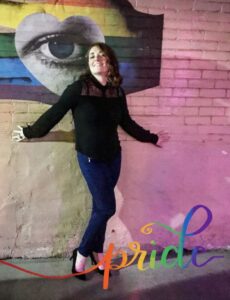
I am a lesbian who understands that the gay bars are intertwined into so much of my queer, ancestral upbringing. Those spaces hold not only present-day significance because of drag culture and Pride celebrations, but they were once the only safe spaces where my queer elders could be out and among others who were like themselves. In a world that said homosexuality was abhorrent, the security wrapped within the veil of secrecy in gay bars and nightclubs allowed previous generations of LGBTQ folks liberation from prejudice and homophobia. Today, they are still the places where we queers celebrate our unique identities while carrying on the legacy of LGBTQ safe spaces.
For me, alcohol started as a way of exploring my queerness. Having been raised in a stifling, religious household, I could not proudly adorn my lesbian identity, and I took to alcohol as a way to soothe the shame. Once I came out, those clubs became places where I could meet other queer women, both friends and lovers alike. Within the walls of the queer bars, I felt seen; I felt safe; I felt free. That was until the prison of addiction took hold of my life and I knew I needed help.
The Search for LGBTQ-Affirming Addiction Treatment
When calling treatment centers, I asked about their LGBTQ-affirming practices, policies and programming. While many centers stated that they were welcoming, most didn’t have groups or programs specifically designed for queer and gender-diverse folks. I wondered if I would have to go back in the closet out of fear of ostracization, prejudice and homophobia. I was afraid that if I attended treatment in a place where I didn’t feel comfortable being out, it would reinforce those feelings of “otherness” that I used to drink over. Additionally, so much of my drinking revolved around my lesbian identity and the queer club culture to begin with, and I knew without a shadow of a doubt that I had to be in a safe and supportive space.
Though no program is perfect, I personally have been able to surround myself with a unique and creative support group that meets the needs of all parts of my identity.”
I attended a treatment center that had a weekly LGBTQ support group, but I wound up being the only out, queer person during the entirety of my stay. Instead of the LGBTQ group meeting, a gay staff member met with me weekly to discuss unique issues that were arising, and we talked about things that specifically touched on queer issues. I was grateful for that individual attention, but it wasn’t enough. It didn’t provide me with a sense of community or the chance to establish relationships with other LGBTQ folks in recovery.
Now as a sober lesbian, I often feel forced to choose between my recovery and my queerness. My early, tenuous sobriety is not safe in LGBTQ clubs yet, even though I feel the most affirmed in those spaces. Although there are 12-step meetings for LGBTQ people with addiction, I find that I am in the minority as a queer woman. I often feel drawn to women’s meetings, and while the majority are queer-accepting, they aren’t queer-affirming.
The Unique Needs of LGBTQ Folks
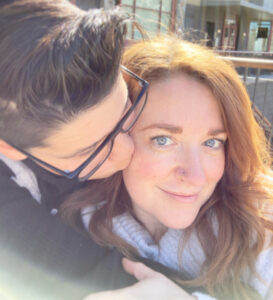
The struggles queer folks face are distinctive and uncommon: Romance and partnership are beyond traditional, binary roles; family relationships are often complex and strained due to sexuality and gender identity; prejudice and homophobia still exist in almost every area of our lives. It is of paramount importance to have diversity in leadership on treatment teams and in recovery programs.
Though no program is perfect, I personally have been able to surround myself with a unique and creative support group that meets the needs of all parts of my identity. I have queer friends, women’s 12-step meetings, a therapeutic team that is supportive of my queerness, and a family that is supportive of it all. While being an LGBTQ woman is not the only part of me that needs support, having access to more options centering on this aspect of my life provides me with hope that success in recovery from addiction is possible.


